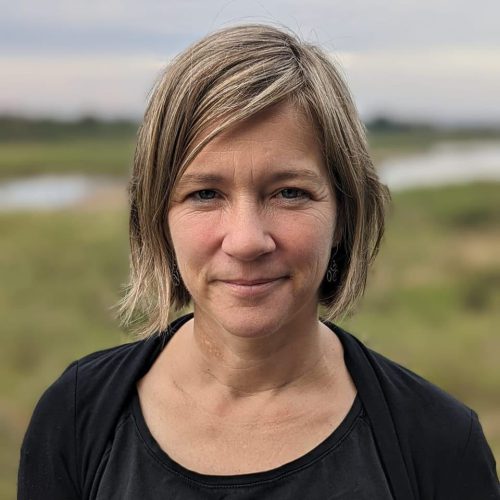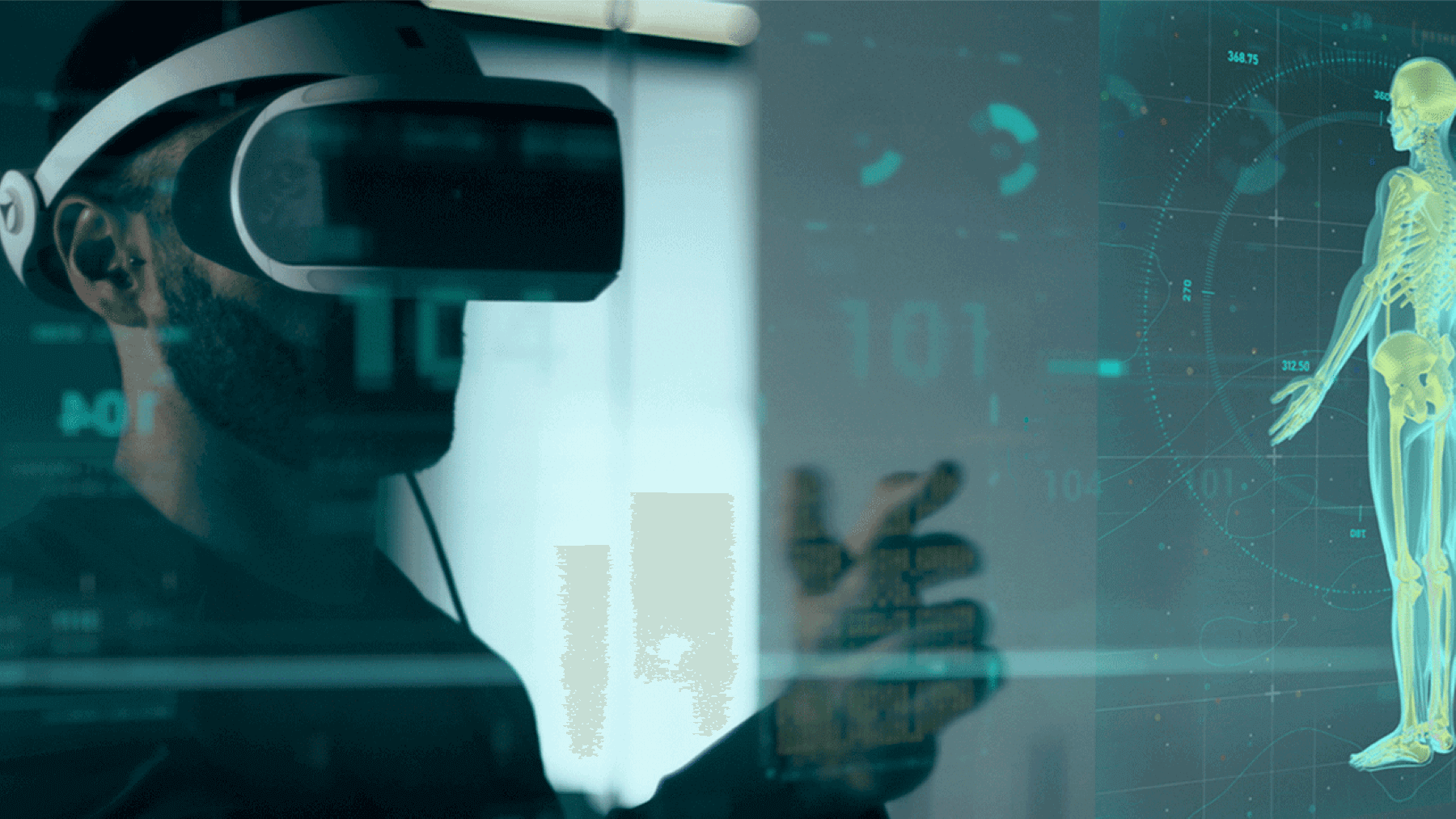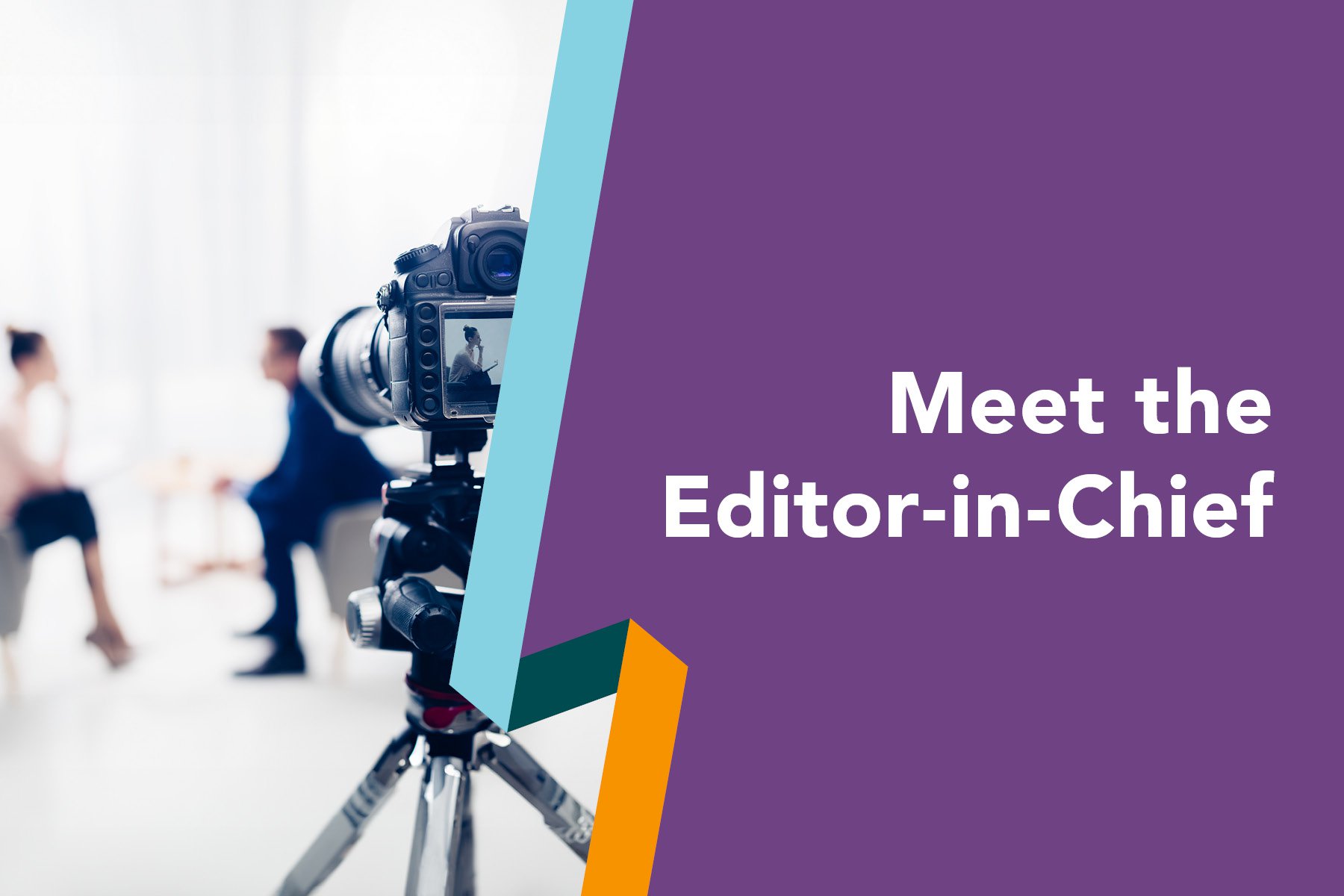The Vesalius Innovation Award (VIA) is one way we at Karger spark innovation in health sciences. We see it as a dual opportunity: for startups with great ideas it’s a chance to receive mentoring, exposure and a cash award; and for us, we get to discover new perspectives and support progress across the knowledge cycle as well as in Open Science.
 One of our VIA jurors – Stephanie Dawson, CEO of discovery platform ScienceOpen – shared insights from her broad and deep experience in the following interview. We’re thrilled she could take some time with us to reflect on topics such as the importance of Open Science and what’s needed to drive it forward. Vesalius Innovation Award applicants will also find some valuable guidance. Read on!
One of our VIA jurors – Stephanie Dawson, CEO of discovery platform ScienceOpen – shared insights from her broad and deep experience in the following interview. We’re thrilled she could take some time with us to reflect on topics such as the importance of Open Science and what’s needed to drive it forward. Vesalius Innovation Award applicants will also find some valuable guidance. Read on!
Before we turn to the Vesalius Innovation Award and Open Science, can you briefly introduce yourself? You’ve had a broad education in an unusual combination – biology, then languages and literature – on two continents. Tell us more about the path that has led to being the long-standing CEO of ScienceOpen in Berlin. And what are you focusing on now?
I have really always been drawn both to the natural world and literary representations of it. I grew up on a ranch in northern California and was quite sure that I was going to be a cowgirl or veterinarian, but I was also a voracious reader and a bit of a romantic. So at Yale, I studied biology while also taking many courses in literature and art. After college, I worked in a genetics lab at the prestigious Fred Hutchinson Cancer Researcher Center in Seattle. But when I developed an allergy to fruit flies, I switched fields and got my PhD in German literature from the University of Washington. When I settled with my German husband in Berlin, I discovered that academic publishing was an environment that valued my eclectic experiences and provided space to combine my passion for science and the written word. As the CEO of ScienceOpen I have had the opportunity to explore scholarly communication in a digital environment. My current focus is on Open Access publishing, preprints, open peer review, community curation, metadata enrichment, and alternative metrics.
We’re so excited to have you on the VIA jury again. Before we look at VIA 2022 and beyond, I’m curious about your experience as a juror last year. What has had a lasting impact on you? Does anything stand out from the entrants, winners or overall process?
Being part of the VIA jury last year was really a highlight for me. I deeply enjoyed the interaction with the other jurors and was able to refresh some connections and make new ones. I am often so busy with my own projects that I sometimes neglect to step back for a wider industry perspective. In my experience, start-ups spring up around systematic pain-points, so it is naturally very important to keep an eye on what is new or growing fast. I especially enjoyed working with the teams at NestedKnowledge and CiteAb as we are addressing some of the same issues around metadata.
For participating startups in 2022, the focus of the VIA has expanded to include Open Science. You, along with ScienceOpen, have long championed Open Science. How would you define the crux of Open Science – think elevator pitch? And why do you consider it to be so important?
Open Science encompasses the entire workflow of scientific inquiry – from hypothesis through experiment and data collection to the communication of results. Open and interoperable systems at every level can increase the speed, breadth and inclusivity of knowledge generation. But currently only a fraction of the published literature is available open access to a global audience. An even smaller fraction of the scientific data is available in open repositories in machine-readable formats or code available as open source. Open methods and notebooks, open peer review and educational resources are all important in making information more widely accessible. Working in sync can produce powerful results. But these digital processes are expensive, so it is essential to develop new ways of creating value, which is where the start-ups pitching for the VIA award come in.
What do you think needs to be prioritized and actioned among various communities to help Open Science progress further?
We need to continue to prioritize interoperability and machine-readability at each step of the process. Giving global readers access to an Open Access article in a pdf form is great, but Open Science requires that the content can be aggregated, ingested, analyzed and read by machines. One of the richest and most powerful repositories in the world is the PubMed Central (PMC) Open Access Data Subset that is freely available for researchers, developers and start-ups to read, mine, experiment with and build on. This is a big, expensive collective undertaking and highlights the essential role of funders in funding and maintaining open infrastructure. One of the unique features of PMC is that all content is not only open access with a machine-readable license, but also available in full-text as tagged XML in a single JATS standard.
What role do publishers play regarding Open Science?
The publishing industry has played a crucial role in not only ensuring scientifically valid content but also creating high-quality digital files that use standardized persistent identifiers for everything from author names to institutions to data sets. A free pdf on a website is open access but a full-text XML document in a repository of 5 million articles is Open Science. The start-ups pitching for the VIA are all beneficiaries of Open Science in one way or another.
What other communities, if any, need to be involved more?
I believe that the community of digital start-ups plays an important role in creating value and showcasing the impact of Open Science, which encourages authors, institutions, publishers and funders to invest in the necessary technology to present the results of academic research in interoperable and machine-readable formats. And that is of course why I am excited to be on the VIA jury.
How would you rate the progress of Open Science in health science and scholarly publishing communities so far? How does the current state of affairs compare with what you would have expected or hoped for 10 years ago?
I will admit that 10 years ago, I believed the move to open access and open data, particularly in the health and life sciences, would be faster and more comprehensive, just because they provide so many advantages to authors and researchers. But now, I think that the slow progress is, in part, a result of the increasing demands of Open Science on the technological infrastructure. I no longer expect a disruptive open access revolution, but rather a continual process of building a rich shared digital knowledge base that we can all participate in and draw on.
The application period for the 2022 VIA is still open, and we can’t wait to be dazzled by ideas presented at the live pitch session. For any start-ups still working on their applications for this or future years, do you have any advice?
I’m really excited to see this year’s applications. My one piece of advice is to be open and realistic about where you are in the process of product development in your live pitch. We’re interested in ideas at all stages but may have different expectations depending on how far a product has progressed. And of course, share your passion – it can be infectious. I am really looking forward to being a juror again!
Dr. Stephanie Dawson, CEO of ScienceOpen, has degrees in biology and German literature and a background in STM publishing from De Gruyter publishers. She was part of the founding team of ScienceOpen in 2013 and has been exploring topics around Open Science ever since.






Comments
Share your opinion with us and leave a comment below!